“In the year 1995, Hamid El-Shaeri decided to release a song called ‘Qeshr El Bondoq Yah’. Around that very same time, Marwan Moussa was born.”
The video series ‘Red Bull: Mazzika Salonat’ is a fascinating ongoing experience in Egyptian music. The premise is simple, yet intriguing: two unsuspecting musicians are brought together — like a musical blind date. Once they are revealed to each other, they shut themselves into a studio and have precisely eight hours to produce a track to which they both contribute equally.
Earlier this month, an episode was released where the two lucky musicians were Libyan-Egyptian 90s pop singer, producer, and instrumentalist Hamid El-Shaeri, and the young Egyptian rap sensation that has enthralled members of the country’s Generation Z community, Marwan Moussa.
With the ever-changing nature of musical trends, a smooth merging of the talents of two men whose heydays are nearly three decades apart cannot be taken for granted. And suffice it to say that Mazzika Salonat’s previous attempts to bring together two apparently disparate worlds of music have not always been successful.
And yet, by some miracle, Shabb Shabb, the track that resulted from Moussa and El-Shaeri’s eight hours locked in a studio together, provided what I think is a blueprint for ending the generational feud in Egyptian music.
What generational feud?
The inevitable evolution of music, like all forms of art, ensures that it always remains a battleground. Throughout history and around the world, ageing trends in music have attempted to cling to life by belittling or criticising what is new, while the young let defensiveness and spite reinforce their love for what their generation brings to the table.
But this struggle, which is usually no more than background noise, was recently and upon multiple occasions brought to the fore by the head of the Egyptian Musicians’ Syndicate, veteran singer Hany Shaker.
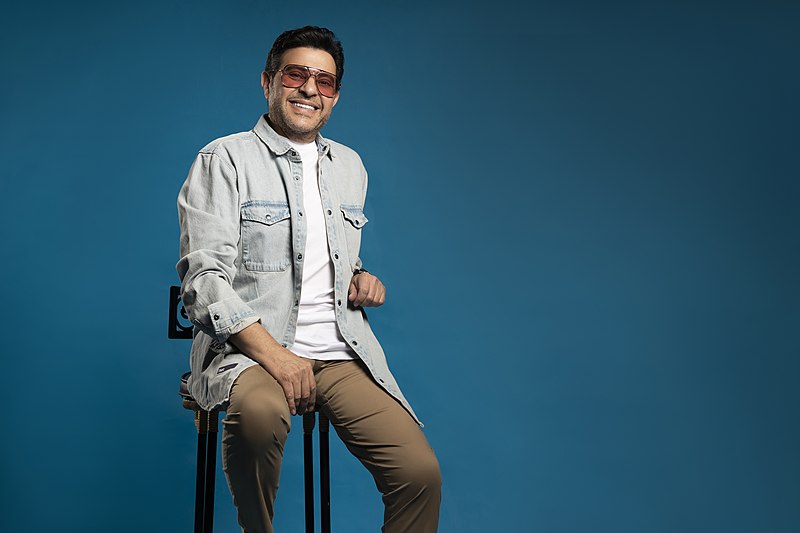
In early 2020, Shaker banned mahraganat, an entire genre of music popular mostly among the young and poor of Egypt. This type of music, dubbed a ‘musical revolution’ by Rolling Stone magazine, representing the experiences of a massive demographic, was denounced by Shaker in no uncertain terms.
“This type of music is based on promiscuous and immoral lyrics, which is completely prohibited, and as such, the door is closed on it,” said Shaker in an interview with Egyptian talkshow host Amr Adeeb. “We want real art.”
But the list of what Shaker does not consider “real art” does not seem to end at mahraganat. Though I personally doubt Shaker is too bothered by the nuances in Egyptian musical youth culture, he more recently directed his attention to Egypt’s rising rap scene. And in his position of power at the Musicians’ Syndicate, the only language Shaker seems to eloquently speak is the language of bans.
Household names in Egyptian rap such as Marwan Pablo, Afrotto, and Marwan Moussa himself became off-limits when Shaker announced the ban of any dealings between them and the syndicate.
Needless to say, none of these decisions made anyone fall in line — and I cannot imagine Shaker can possibly have expected them to. The show must go on, even for the rebellious youth, and the continued popularity of both mahraganat and rap did nothing to diffuse the tension.
In an episode of Mazzika Salonat released a year ago featuring 90s one-hit-wonder Hossam Hosni and trap superstar Wegz, the scenario that played out reflected this clash of generations. A patronising Hosni and a defensive Wegz came out with essentially two songs forced together into a single track without even the semblance of cohesion or true synthesis.
And who can blame them? Can we really expect Hosni to treat an artist the age of his son as a peer?
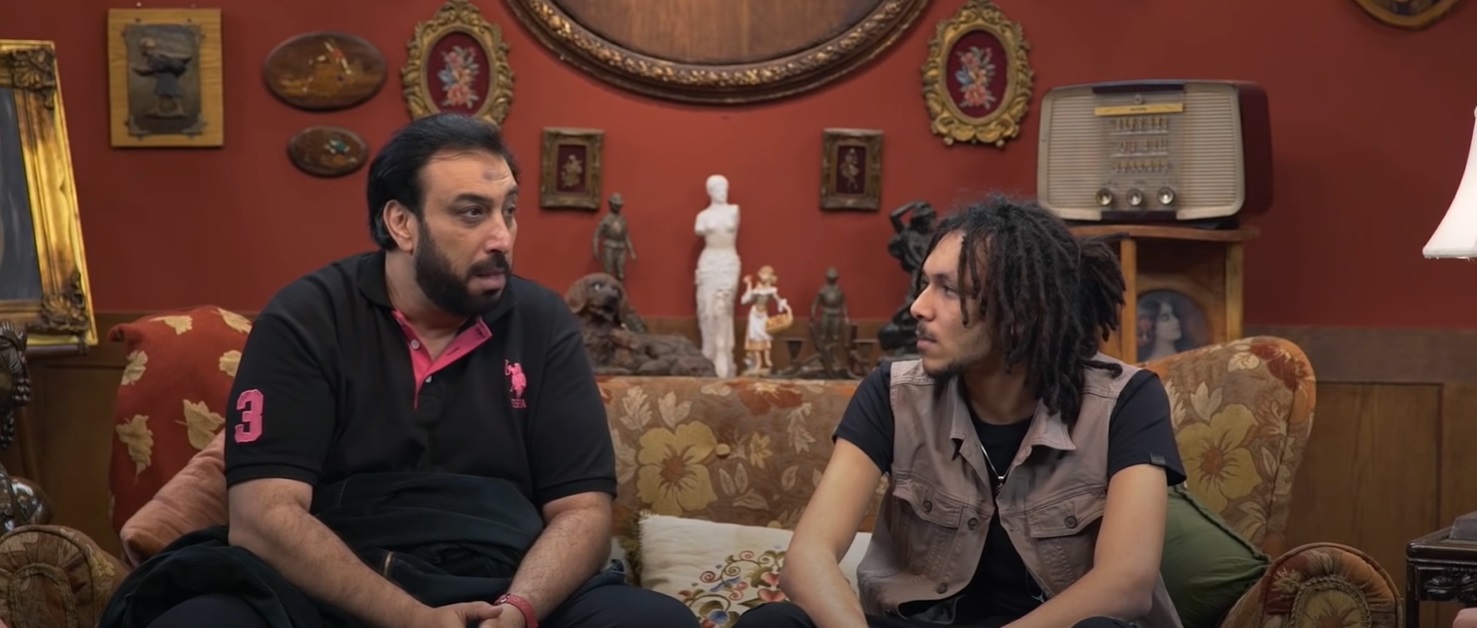
How is Shabb Shabb a blueprint?
“Can I just call you Moussa?” El-Shaeri, 59, asks his 26-year-old collaborator.
One thing was clear from the very beginning of the making-of video for Shabb Shabb: both artists, even before they were revealed to each other, were ready to show each other unaffected respect. In fact, discovering that they would be working with someone from a different generation seemed to be far more exciting to them than it was daunting in any way.
“Even if each of us is from a different world, we’re going to be in control,” Moussa said as he waited for El-Shaeri’s identity to be revealed. “We’re going to create something we enjoy.”
The two could have easily trodden carefully around their differences and created a track neutral enough to carry them through the episode, but they were braver than that. In fact, it was as though they were daring anyone to question their audacity. Throwing caution to the winds, they created a track that seamlessly combines funk, old school rap, new style rap, and Libyan folk music.
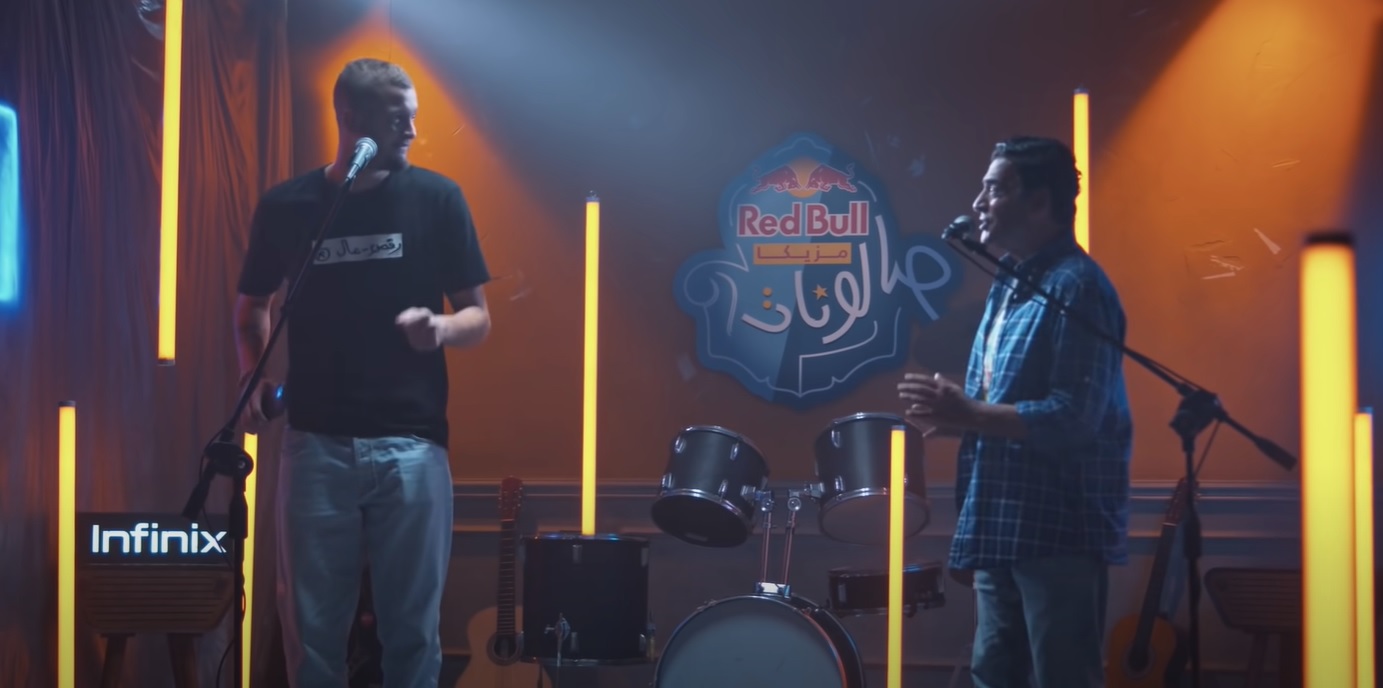
Compared to the awkwardness that could be seen in episodes like the one that combined Wegz and Hossam Hosni, the light-hearted humour and cordial rapport between the two artists was refreshing and enjoyable to watch from the first minute to the last.
Apart from the obvious ingredients of talent and creativity, the recipe for El-Shaeri and Moussa’s success together was equal parts confidence and humility. Moussa was neither defensive nor arrogant enough to sabotage the process, and El-Shaeri was neither complacent nor insecure enough to slow it down. These traits are precisely the ones standing in the way of meaningful synthesis in Egyptian music.
Will Shabb Shabb end the age-long generational feud in Egyptian music? I highly doubt it. But to me, it was the most meaningful act of protest against Shaker’s petulant, elitist decrees — a display of unbridled talent and a genuine respect for the varied nature of art. It offers a masterclass in the elements that can unburden many musicians of an unnecessary pride that may be depriving listening ears everywhere of potential masterpieces like it.
And as caricaturist Mohamed Andeel succinctly puts it: “You only fear the new if you know you’ve gotten ‘old.’”




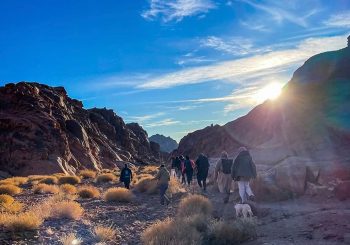
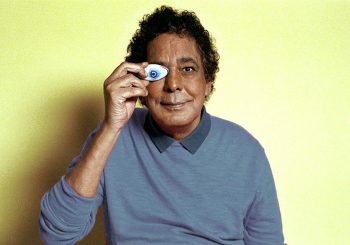

Comments (0)